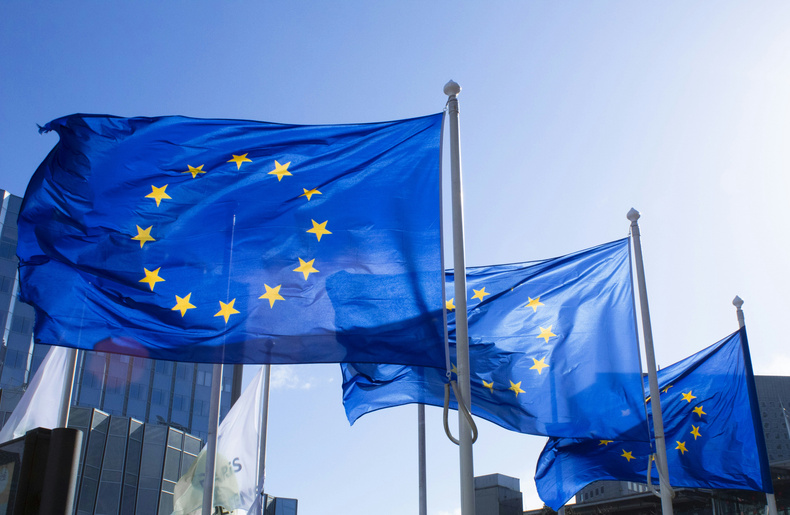How youth mobility with the EU may develop the future faces of business

Written by Jade Micallef
On the 19th of May, a deal between the UK and EU was announced after a bilaterial meeting at the European political summit in Tirana, Albania.
As part of this, the UK and the EU have agreed to more negotiations on a youth mobility scheme to allow people aged 18-30 in the UK and the EU to move freely between countries for a limited period.
The scheme would include visas for young people working, studying, volunteering, travelling and working as au pairs.
This supposed ‘balanced youth experience’ would allow the younger generations to be able to work, study, volunteer or travel for a limited time within the UK and the 27 nations of the European Union.
The deal highlights a freeing of career opportunities which will hopefully allow young people from the age of 18-30 to thrive within a connected Europe.
After Brexit, the status of EU students shifted from ‘domestic’ to ‘international’ which significantly increased their university fees and (combined with events precipitated by the outbreak of Covid-19) caused the number of EU nationals coming to the UK to drop dramatically.
As he works to ‘reset’ relations with Europe after Brexit, Kier Starmer has promised to boost the opportunities for young people while growing the economy annually by an estimated £9 billion.
Keir Starmer has emphasised that this deal does not allow ‘freedom of movement’ and will instead have a limit of up to two or three years.
This deal with the EU will likely mimic those which already exist with countries like Australia and Canada and expand the possibilities available to young people.
The UK Government are also looking to once again become part of the Erasmus programme to support education and training throughout Europe.
This could help boost opportunities for UK students, and help to build further alliances between the UK and the EU in the future.
Jade Micallef, a student on work experience at the Greater Birmingham Chambers of Commerce (GBCC) hopes it will: “rebuild a foundation of strong cultural and economic links between the UK and Europe that were damaged by Brexit which could allow my generation to have greater prospects outside of the UK.”
Commenting on the full UK-EU trade deal, Emily Stubbs, GBCC head of policy called the deal so far “a good first step to improving relationships with our closest trading partners” but emphasised that businesses will be looking for “more” over the course of the summit to maximise mutually beneficial opportunities on both sides of the Channel.
